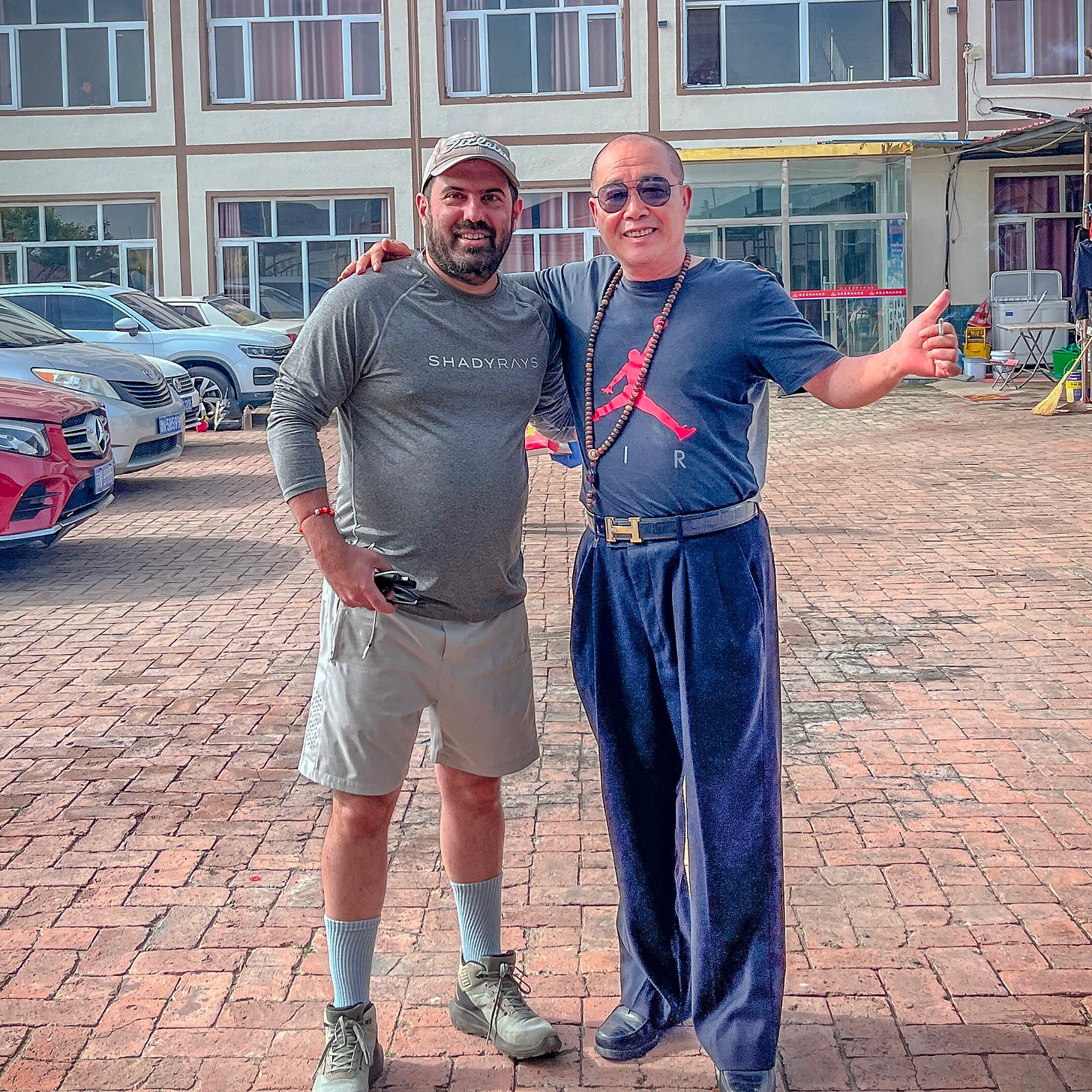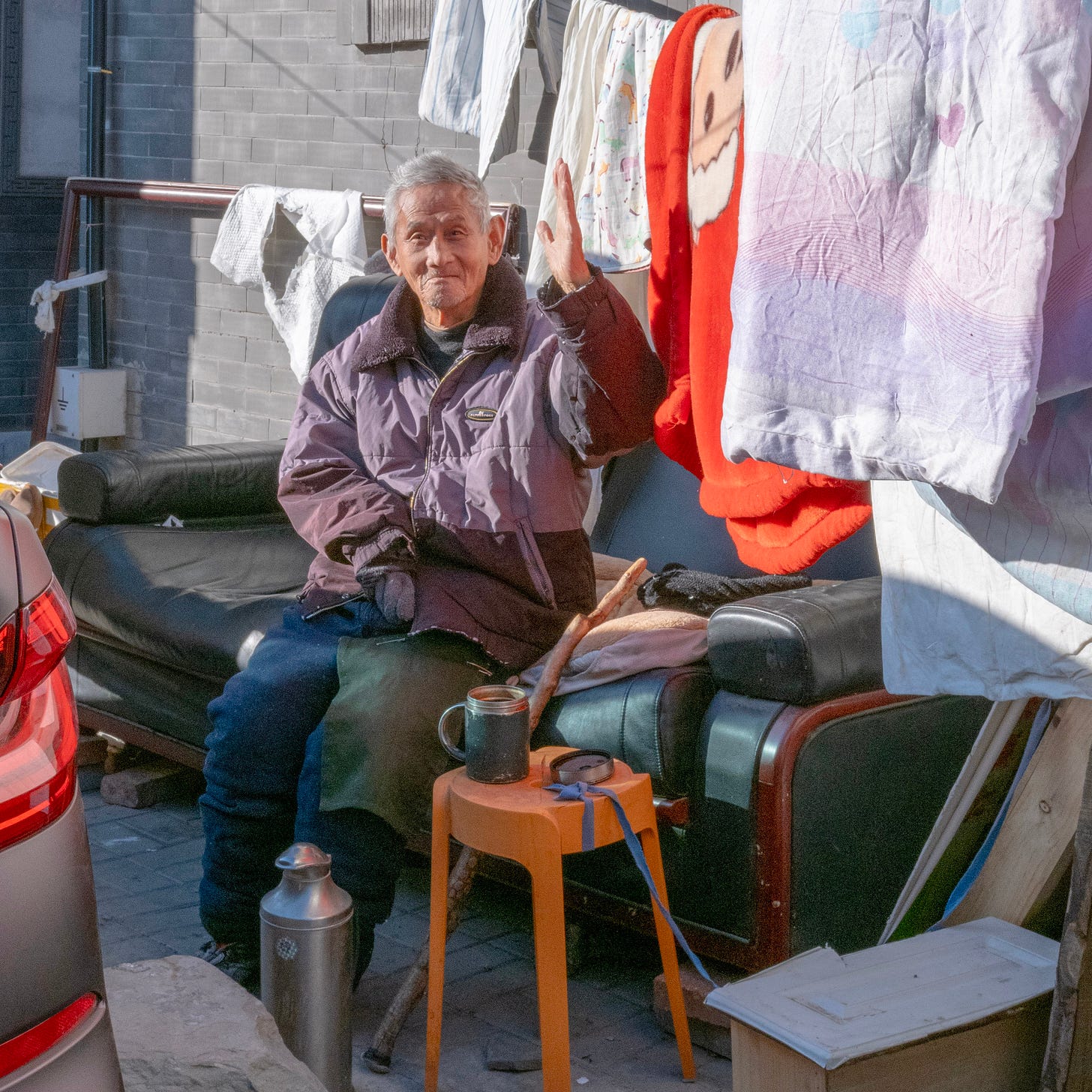Language is a Bridge, Not a Test
August 18th, 2025

Language can be a funny business.
I’m talking about how we communicate, the differences in expectations of fluency as you travel, and how often even the basics are enough to get your point across.
You can mangle a phrase or idiom and still leave with your dignity intact, often walking away with a hilarious anecdote.
As I’ve traveled, however, I’ve noticed some differences in how places approach language and communication.
Back home in the U.S., many public spaces feel English-first: menus, signs, service. That can make non-native speakers feel boxed out. But elsewhere, in places I’ve visited like China or Poland, small attempts at the local language often get rewarded with warmth. People seem to treat the effort itself as a courtesy worth returning.
When I studied in Germany, I remember stumbling through orders while shopkeepers switched to English mid-sentence. It was helpful, and sometimes infuriating, because I’d gone there to learn German, not to hide behind my native tongue.
In Beijing, on the other hand, my limited Mandarin sometimes produced a different reaction: recognition, then a frozen look, as if my accent didn’t match their expectation of who spoke the language. Both reactions taught me something about assumptions and how we judge each other’s belonging.
Last week, heading to a Legia match, I stopped at the gate shack to tell the gatekeeper I’d be late.
We started with Google Translate and a lot of patience. Midway through, he suddenly began speaking Italian. I wasn’t prepared for Italian, but between kitchen Spanish, a handful of Portuguese phrases, and whatever football vocabulary I’d picked up, we carried on for ten minutes.

Neither of us cared about mistakes. He shrugged off my awkward conjugations; I let go of trying to be exact. We sorted out what time I’d be home, traded a few team loyalties, and laughed when Google Translate produced an odd translation. It worked because we were trying — and because we kept listening.
That’s the simple point: fluency isn’t the goal of most everyday conversations. The goal is connection. A single phrase can be an opening, one that says, “I’m trying to meet you halfway.” Too often, we treat language like an exam instead of a bridge. But when we treat it like the latter, people respond in kind.
If you travel or live abroad, try this as a habit: learn a few useful phrases before you go, use them early and often, and keep a mental rule that mistakes are part of the process. You’ll get practical help, and sometimes something better–a short, human exchange that sticks with you longer than any perfectly pronounced sentence.
If this made you smile, hit comment and tell me about your favorite language mix-up.
If you’re new here, subscribe for more travel stories and small experiences that can make your expat life easier.


That's nice content. I like read articles every single day In te morning and night. If it's English content is much better.